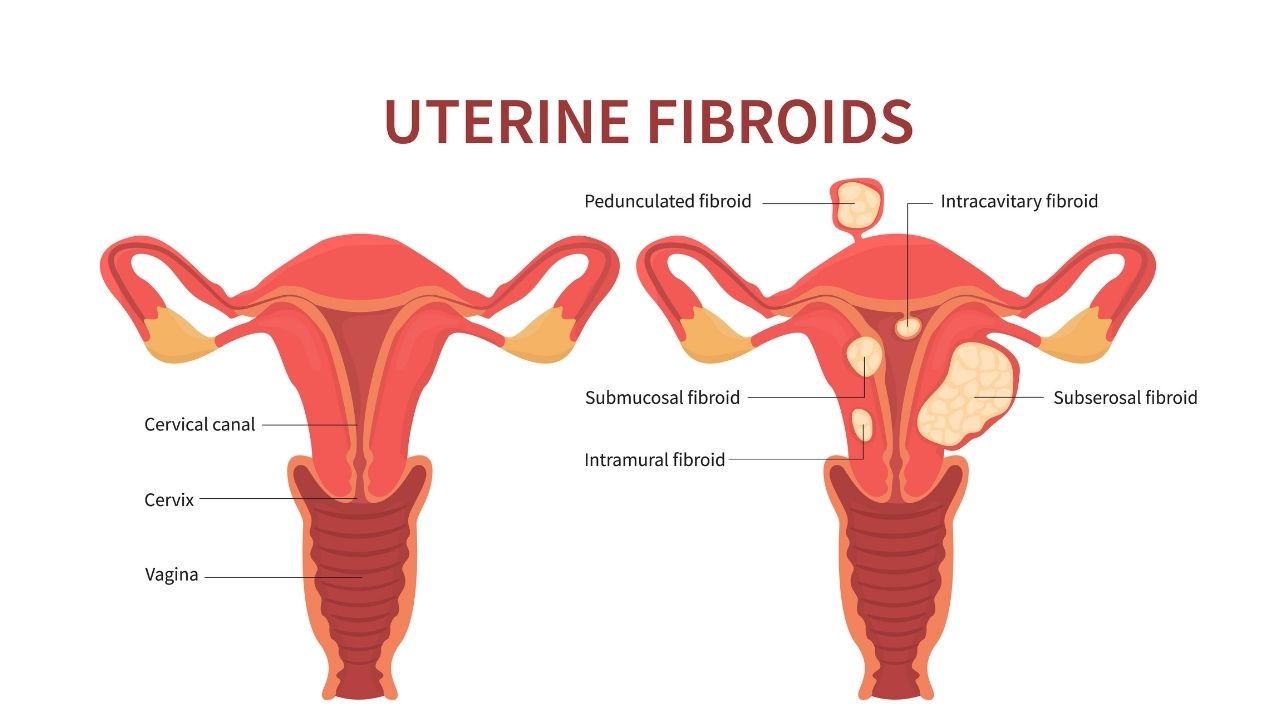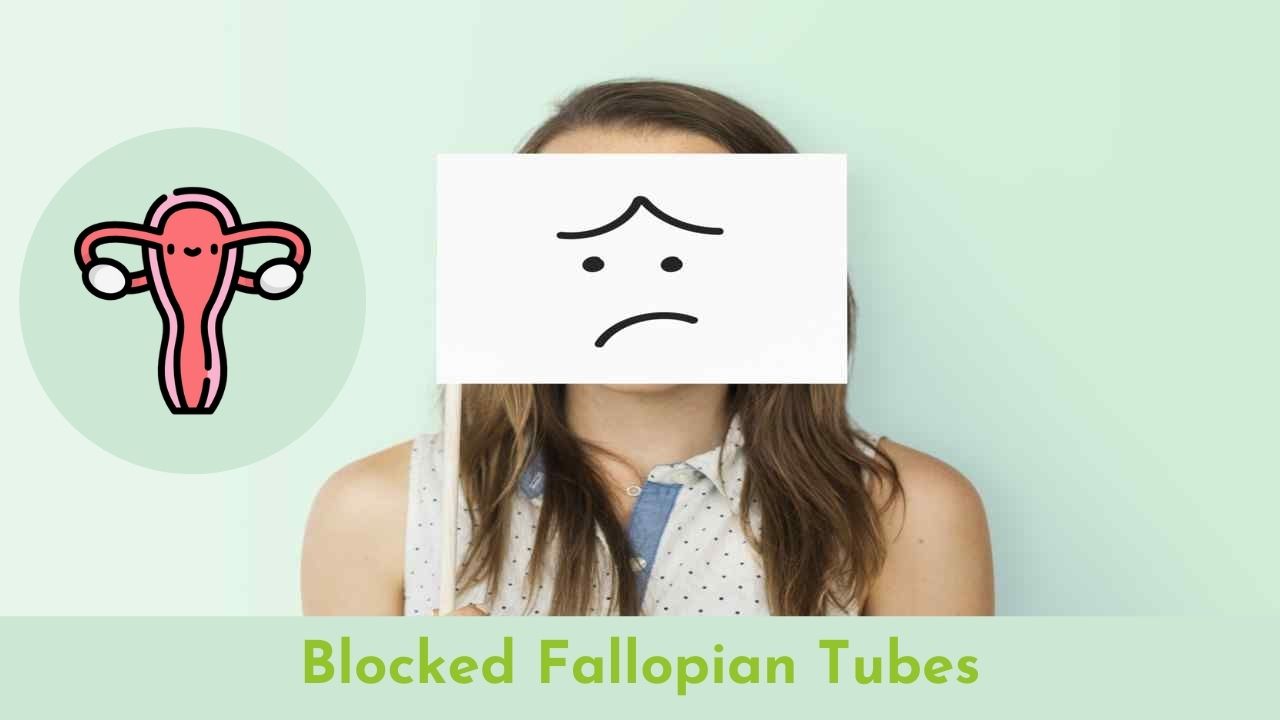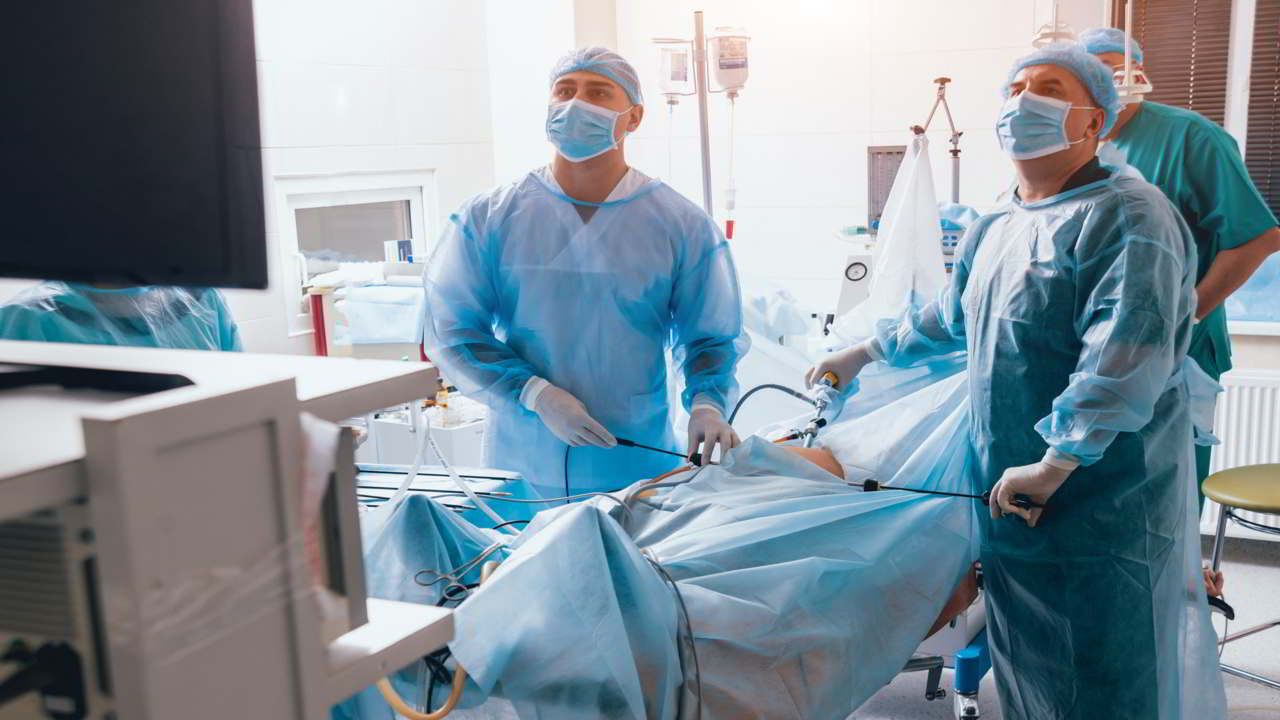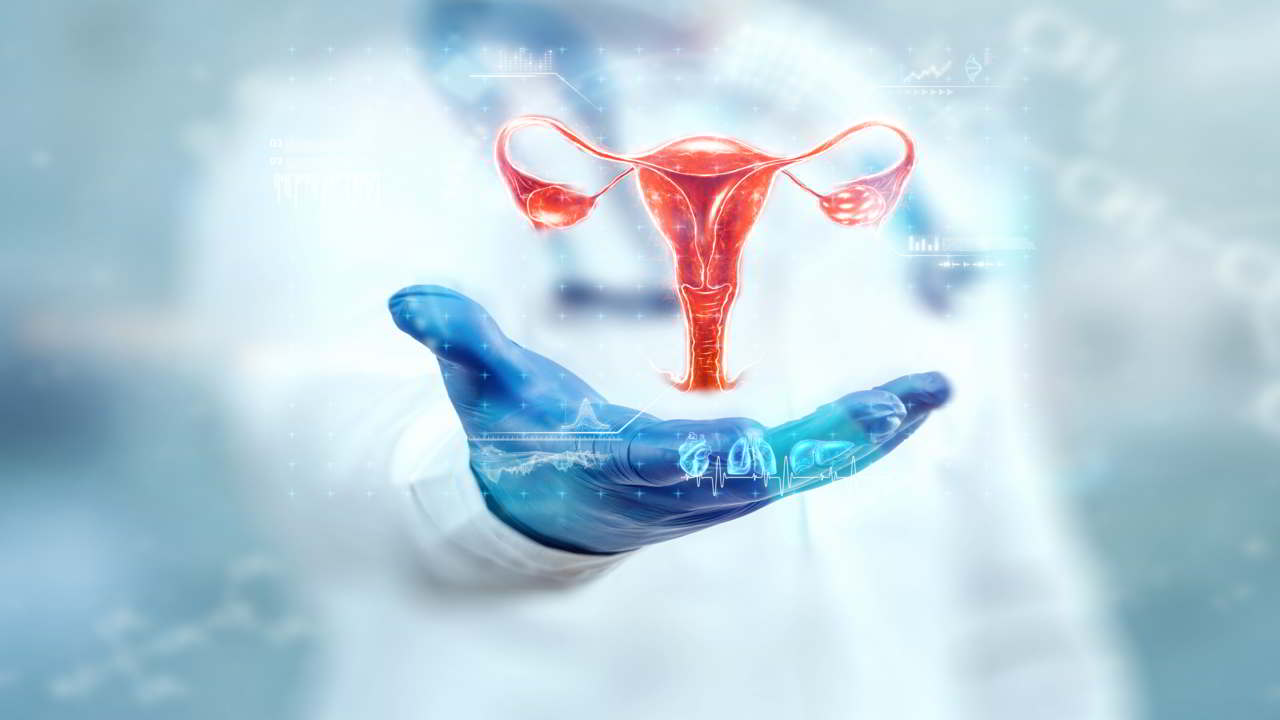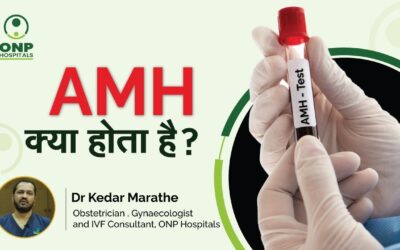As a pediatrician at ONP Hospitals, I’ve witnessed countless stories of resilience and recovery, but one case stands out—little Anaya’s story. Anaya, a spirited four-year-old, came to us after a severe finger injury that happened while she was playing in the backyard....

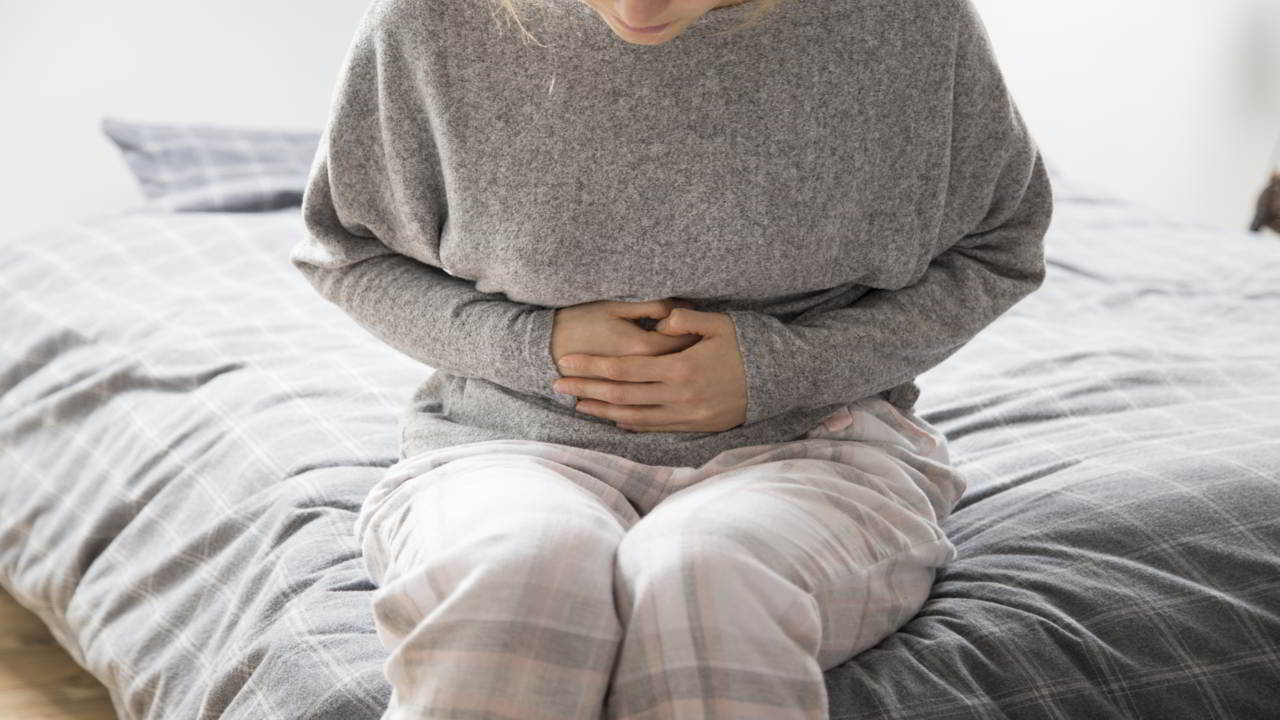
What is Polycystic Ovarian Disease?
PCOD or Polycystic Ovarian Disease is a hormonal abnormality with a metabolic and endocrine disorder. The disorder affects women of reproductive age groups between 12-45 years. The disease may occur in any age group after menarche to menopause. Every 1 out of 10 females suffers from PCOD in the world.
The disease causes excessive production of male hormones or androgens. The ovaries enlarge and discharge partial or immature eggs. As a result, the eggs turn into cysts. These cysts tend to create complications in female reproductive systems and can even cause infertility.
Everything You Need To Know About Polycystic Ovarian Disease
Causes of Polycystic Ovarian Disease
Presently, the main reasons for the polycystic ovarian disease are unknown. But besides, there are some reasons behind PCOD, and these are:
- Excess production of insulin: Pancreas produces insulin which helps to transfer the food into sugar. The cells of the body utilize this sugar to produce energy. But if the body produces more insulin, then the production of androgen occurs. As a result, it may lead to PCOD.
- Genetic factors: PCOD also runs in families. There is a high chance of polycystic ovarian disease in women whose family members undergo the same hormonal disorder.
- Low-grade inflammation: Women who suffer from PCOD may have low-grade inflammation. The inflammation causes the ovaries to produce male hormones. However, heart and blood vessels problems are also a part of this inflammation.
- Lifestyle: Lifestyle changes can also cause PCOD. Pollution, lack of nutrition, lack of physical movement, or exercises cause metabolic imbalances causes PCOD.
- Stress and depression: Stress and depression can affect your lifestyle both mentally and physically. It prevents your hormones from performing in a proper manner that may cause many health issues to include PCOD.
Symptoms of Polycystic Ovarian Disease
Symptoms of PCOD include:
- Irregular periods
- Heavy bleeding (miscarriage)
- Unwanted facial hair growth
- Acne
- Weight gain
- Hair thinning
- Sleep apnea
- Type two diabetes
- Gestational problems
- Weight gain
- Headaches
- Oily skin
- Liver inflammation
- Infertility problems
- Increase in blood pressure
Complications of Polycystic Ovarian Disease
The complications of Polycystic Ovarian Disease include:
- Endometrial cancer risk is higher in PCOD patients.
- If not treated or managed, PCOD can result in infertility and cause difficulties in conceiving.
- Obesity-related (With a BMI of more than 30 and a waist circumference of more than 35, high blood pressure, heart disease, and diabetes, are examples of such disorders)
- In some cases, there is a risk of breast cancer, as well.
Prevention Tips for Polycystic Ovarian Disease
The following are some PCOD prevention options:
- People with diabetes should work hard to keep their blood sugar levels under control.
- Take preventative measures to control your period cycles, whether through medication, exercise, or nutrition.
- With the assistance of diet and exercise, try to maintain a healthy weight.
- You can also utilize medicine to help you manage Polycystic ovarian disease, in addition to the other lifestyle adjustments you’ll need to make to keep your PCOD under control.
Myths of Polycystic Ovarian Disease
There are a few myths related to PCOD, which causes many people to believe in it. As a result, they are afraid to treat it:
- PCOD cannot be treated: It is a false statement because correct medication and a proper diet, PCOD can be controlled.
- PCOD is a rare disease: No, this is a hormonal disorder that has become common in women.
- One cannot be pregnant with PCOD: This is also a false statement. Though, there are many hormonal problems and infertility. But if you consult a doctor or take follicle-stimulating drugs, you can still be pregnant.
- If you have irregular periods, you have PCOD: This is also an incorrect sentence. There are many reasons behind irregular periods.
- Everyone with PCOD deals with being overweight: This is also a misconception. PCOD can happen to a normal BMI body. Obesity is just a symptom of PCOD.
Treatments of Polycystic Ovarian Disease
If you have PCOD, you can consult the obstetrician and gynecologist doctor for treatment. Some of the treatments are:
- Contraceptive pills: contraceptive pills contain progesterone and estrogen. As a result, it helps to reduce the male hormones. However, this also helps to regulate your hormones accurately.
- Progesterone therapy also helps to treat PCOD.
- Healthy diets can help to control and manage PCOD.
- Doctors suggest exercises, meditation, and yoga.
- Fertility drugs can also be given to the patients to improve infertility.
- To reduce acne, hair growth, many skin treatments are available.
Conclusion
Polycystic Ovarian Disease is a common hormonal problem in women. If not treated or managed on time, it can lead to complications, including infertility. If you have PCOD or experience its symptoms, consult a specialist.
You can book an appointment to talk to our experts. They will resolve all your queries and suggest the best treatment.
Sub Services
What Patient has to say about us
People heavily rely on reviews from other patients when choosing a healthcare provider
Our Patients Many many happy returns of the day......... The best doctor in the world My mother was suffering from severe pain in both knees and spine. Dr. Aashish arbat sir has operated today after 15days she is doing every thing thank you Dr aashish arbat sir and team Especially the major support was from Dr Ram sir from admission to dischatge and follow ups and taken care very nicely thanku Dr. Ram sir Our Patients After enduring knee pain for the past decade, my mother sought advice from various doctors in Nagpur, Nashik, and Pune. They all recommended knee replacement surgery, but it was only when we discovered Dr. Aashish Arbat and the option of robotics surgery that we made the decision to proceed. The surgery took place on June 23, 2023, and it turned out to be an incredible experience. To our astonishment, on the morning of June 24, my mother was able to stand on her own legs and even take a few steps. This remarkable progress was made possible due to the advanced assistance of robotics arm and Artificial Intelligence. Dr. Aashish Arbat is an exceptional and highly experienced surgeon, and we are immensely grateful for his expertise. We also extend our appreciation to his colleagues, Dr. Sharma and Dr. Ram, for their excellent skills and compassionate nature. Our heartfelt thanks go out to the entire team for enabling my mother to live a pain-free life Our Patients My mother got her both robotic knee replacement from sir on Oct 2021. The team and sir have made the complete process seamless. Especially my mother was very comfortable post her surgery. Thank you Dr Arbat and team. Our Patients Our Patients Our Patients Hello. My wife has severe arthritis in her body knees since 2017. We communicated many doctors but she was not happy. We visited Dr arbat for same issue and he came up with robotic knee replacement solution which suited her accurately and she is walking 5-6km daily without hesitation and living comfortably. Thanks Dr. Aashish Arbat and his new technology.![]()
Chhaya Kate
![]()
pravin kharat
![]()
T Srivalli
![]()
Mohan Satavekar
![]()
VIVEK PANDEY
![]()
Subhash Bobade
Blogs
Addressing Childhood Obesity: Preventative Measures and Healthy Lifestyle Choices
Childhood obesity is growing concern. More kids are affected every year. Tackling this issue early is crucial. This ensures children grow up healthy and happy. Fortunately, there...
Healthy Sleep Habits for Children: Tips for Parents
Good sleep is essential for children’s health and development. Yet getting kids to sleep can sometimes feel like an uphill battle. Establishing healthy sleep habits early on sets...
The Role of Diet and Nutrition in Managing Encopresis in Children: Insights from Dr. Amita Phadnis
Encopresis, a condition characterized by involuntary soiling in children, can be distressing for both the child and their family. First and foremost, complete treatment of...
Videos
Dr. Amita Phadnis’s Full Speech on Survival & Health Rights at UNICEF India.
Dr. Amita Phadnis ,M.D., Gave a Motivating Speech
Breast cancer is cancer that forms in breast cells. Women are mostly diagnosed with this cancer. Although it can be seen in both men and women
What is AMH
The granulosa cells in your ovarian follicles create the anti-Mullerian hormone, often known as AMH. According to the American College of Obstetricians and Gynecologists (ACOG), the generation of AMH is a reflection of your ovarian reserve.
FAQ’s
Pregnancy and Migraine Headaches: What Women Need to Know
When you are pregnant or breastfeeding, then you should be aware that migraine headaches are a normal part of the journey. Pregnant women might feel headaches owing to...
What Is the Problem of Orthopedics in Children?
While orthopaedic problems are commonly seen in and associated with the elderly, it’s important to be alert regarding the fact that they can afflict young people and children as well.
All You Need to Know About Reproduction
Most science students have to study about reproduction in their high school syllabus, and some learn from their parents, who may discuss it even earlier. It’s a very good thing to know about our own bodies…
Explore All Departments

ONP Prime

ONP Leela

IVF

Oncology

Pediatrics

Urology

Neonatology

Ophthalmology

Orthopedics

Gynaecology

Cardiology

IVF

Oncology

Pediatrics

Urology

Neonatology

Ophthalmology

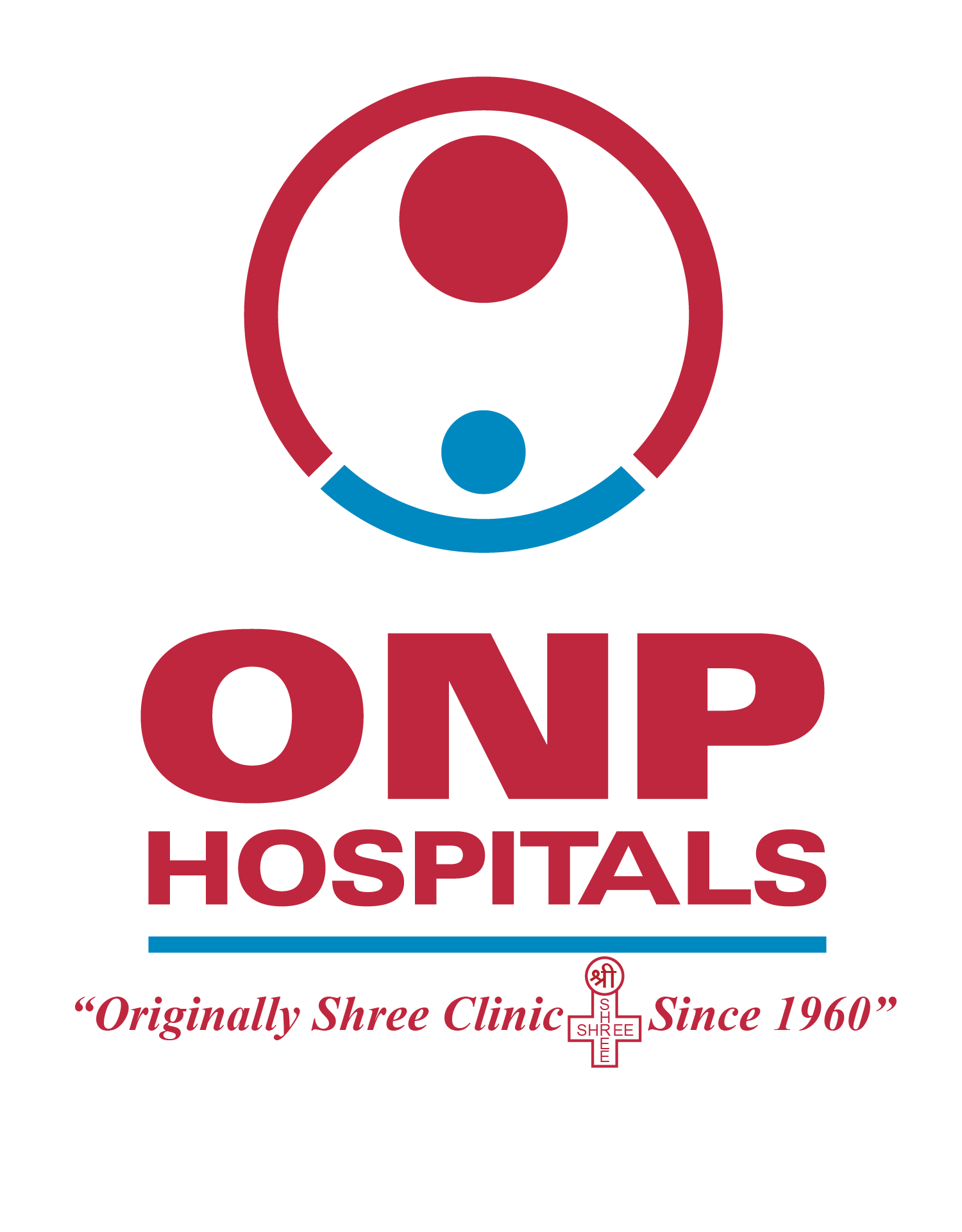
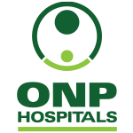
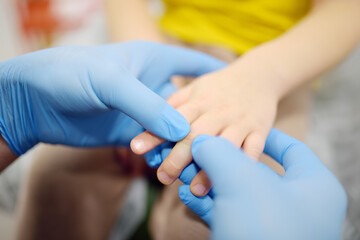
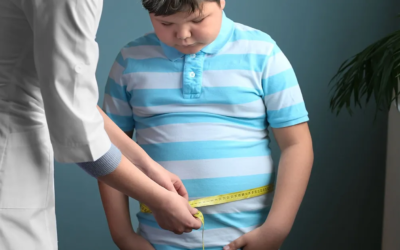
 Home
Home

